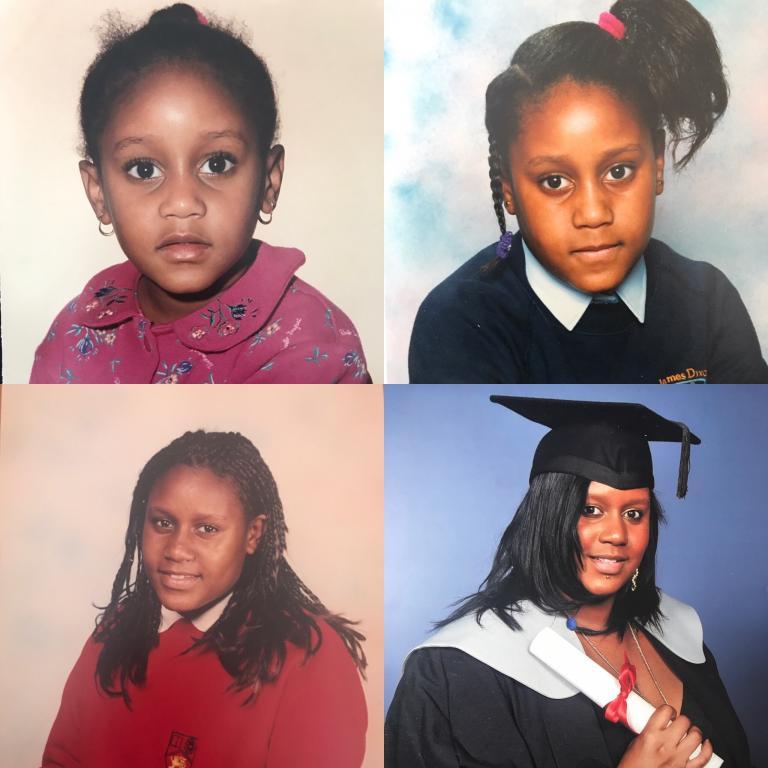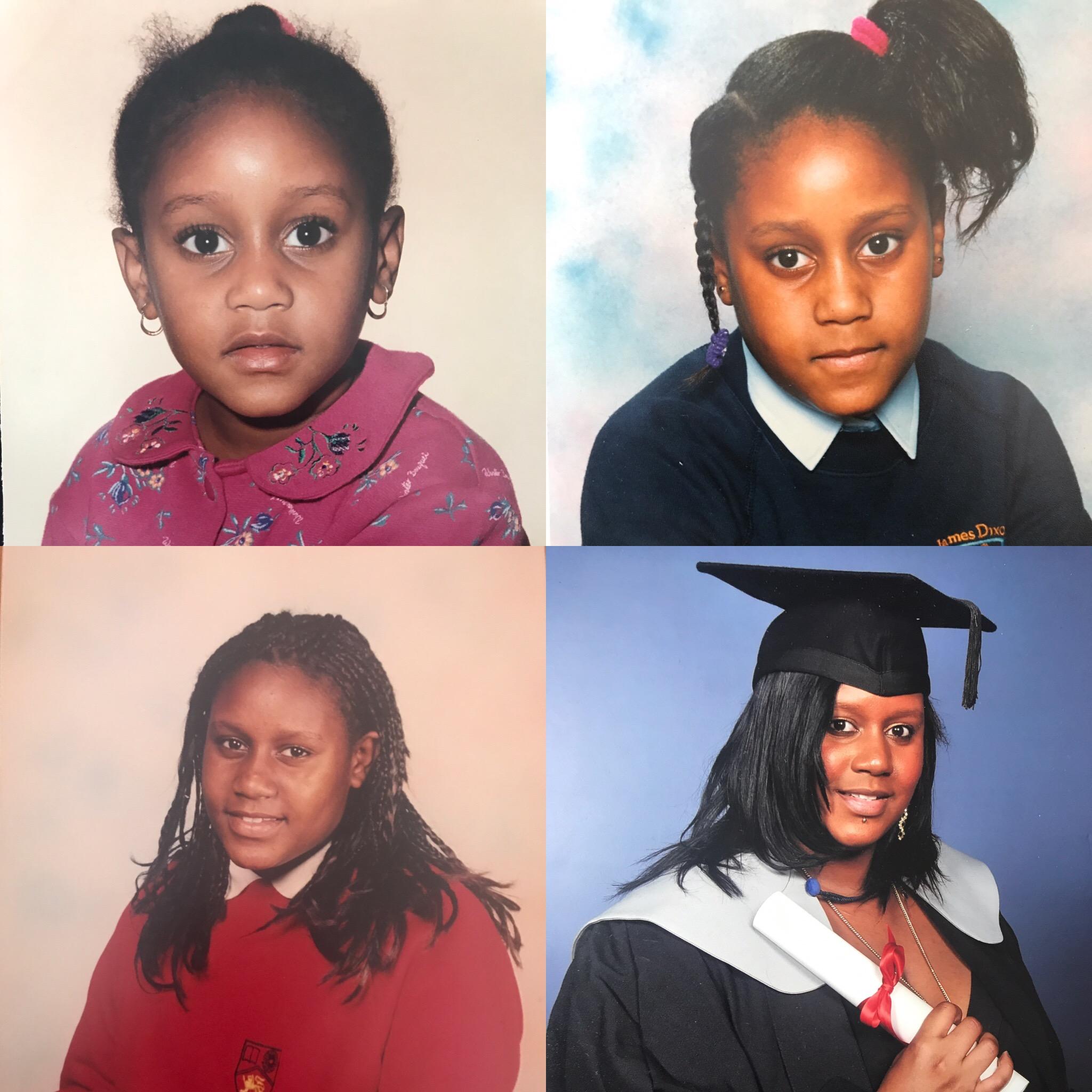 Blog
BlogAstronomy, BPD and Me
Understanding my mental health issues and my obsession with Astrophysics and how I have managed to hold on tightly to my passion whilst battling with my demons.
 Blog
BlogUnderstanding my mental health issues and my obsession with Astrophysics and how I have managed to hold on tightly to my passion whilst battling with my demons.

Understanding my mental health issues and my obsession with Astrophysics and how I have managed to hold on tightly to my passion whilst battling with my demons.
As most people know I have mental health issues; Borderline Personality Disorder (BPD) to be precise with underline issues such as Anxiety, OCD, Social Phobia, Depression and I’m a self-harmer of 18 years. I’m also currently waiting to be assessed for Asperger’s Syndrome as every mental health professional I have come across over the past 10 years seems to think I may have this type of autism, but it’s taken so long to get assessed as they say my mental health issues are priority and I need to be more stable before anything can be done…so I guess that is now!
Growing up I’ve always been shy. When I was 3 I got sent to a speech therapist because I wouldn’t talk at all and everyone thought I had a speech delay, however that wasn’t the case. The speech therapist told my mother that I had a wide range of vocabulary and I was above average for my age, I just chose not to speak, therefore I was diagnosed with selective mutism and here is where all my problems seemed to have started.
From the age 4 I wanted to be a writer, as I loved listening to my mother read books to me and I loved trying to read to her. So I decided that when I grew up I would write children’s books. However my interest in Astrophysics developed from age 8 years; I actually remember the first day, sitting on the carpet being taught about the solar system. It captured my imagination so much I went home, got my typewriter out and wrote a book about the solar system - 8 year old Sherell carried that book everywhere showing it to everyone, especially all her teachers and any adult that would listen.
My transition into secondary was quite smooth as near enough half of my primary school also came along. I didn’t have problems making friends; I just excluded myself a lot. I guess I’m just the type of person who likes to be alone. Around the age of 11 I started self-harming and I stopped eating. My mother use to prepare packed lunches for me but I asked if I could have school dinners so I would get the money and keep it for myself. The money wasn’t the main reason that I stopped eating it was mainly because I was insecure about my body and had people around me telling me that I was fat. With the self-harming, I have no idea why I started, all I remember is that I was curious, so much so that I tried it and never stopped.
My form tutor noticed something wasn’t right with me and had been watching me for a while, she soon found out about my harmful behaviour and told my mother, which did not go down too well. I very quickly started having counselling sessions in school 3 times a week, which was followed by weekly sessions with the Psychiatrist at CAMHS (Child and Adolescents Mental Health Services) and another counselling session at Bromley Y - so I was getting support 5 days a week.
At this stage of my schooling my physics teacher noticed my deepening interest in astronomy and selected me to be put into the ‘Gifted and Talented’ group, where the school paid for me to attend Space School at the University of Kent every year from the age of 12 to 18 during the summer holidays. Space School definitely deepened my love and passion for the subject and from here my academic plan was set, I just needed to find a way to achieve it.
By the time I reached year 9 I needed to get ready to choose my subject options for my GCSEs, which I was well and truly prepared for. I had no doubt in my mind that I was going to study triple science for my GCSEs and my physics teacher, who was also the head of science, was very happy to support this.
I was relatively good at hiding my problems and just getting on with things, I don’t think most of my peers knew what was going on with me. They knew I was weird, that’s for sure, but it didn’t affect the way they were towards me. One thing I’m really glad about is that my mental issues didn’t affect my school work, but I think this is because being at school was my safe haven.
When I was 15 (year 10), the mental health professionals involved with me were battling with the decision on whether or not to give me medications. I do understand, as at that stage of life we are going through so many hormonal changes it is hard to judge ‘typical’ teenage behaviour from developing mental health issues. I was put onto Prozac, however Prozac was not the right medication for me at the time – I thought that I had been given a placebo!
During this time I was preparing for my year 10 work experience placement, something I dreaded doing as it meant leaving my comfortable zone for 2 weeks. My physics teacher helped me to get a placement at the Royal Greenwich Observatory where I worked under the watchful eye of the astronomer Robert Massey. I would help with planetary shows for groups of primary school children and even got set a project to create a webpage on the Herschel Space Observatory.
Approaching my GCSEs, my coping behaviours became increasingly negative. I had begun to drink alcohol, misusing medication and my self-harm was becoming more serious. I still managed to continue my studies; I never missed a day of school. Due to being awake all night regularly back then, I would study throughout the night and during breaks at school. It somehow worked as I achieved my desired grades. After the exams during the summer holidays I was assessed at the Royal Bethlem Hospital Adolescent unit.
For my A-levels I decided to study Physics, Biology and Mathematics; while doing my A-Levels I was sectioned to the Royal Bethlem Hospital for a year but it did not stop me from continuing with my education. My Head of year would visit me weekly with work from all my subjects to study at the Onsite School. After I obtained my A-levels I was a bit lost and so I decided to do a BTEC in Sport and Exercise Science. Although I enjoyed the course I missed learning more about Astrophysics and the challenges that go with it so when applying for universities I decided to apply for a foundation degree in Astrophysics. I chose to study at my first choice university; The University of Kent, Canterbury.
I found my undergraduate course really challenging at times, however I feel I coped well with the pressure throughout the course to meet assignment deadlines and study for exams. I do believe that my dedication and passion is reflected in my results. However when my degree was over, I was very lost; all I knew was my process of education. It was so hard to find where I fitted in in the world, and I knew I could do a postgraduate degree as I was unable to afford it. During those years my symptoms increased severely, and I would often need to be hospitalised to support me to keep safe and to recover from my episodes. I was assessed for a long term therapeutic treatment, involving two years of living daily with a therapeutic community of people all with long-term mental health problems, at the Maudsley Hospital Cawley Centre.
In 2015, with the help of the Cawley Centre, I contacted Dr Massey who now works with the Royal Astronomical Society. He enabled me an opportunity to volunteer for and take part in the RAS outreach and diversity program. We would travel to primary/secondary schools encouraging and promoting younger pupils to get interested in Physics and Astrophysics by involving them in science experiments. During my placement I was assigned a project, for which I created an extensive leaflet about science careers in the modern world titled ‘Sky High and Down to Earth’. The leaflet was approved, printed and handed out to pupils of secondary schools around London.
Throughout the years I have been put on many different antidepressants & antipsychotics, but only recently I have found the right combination for me. Don’t get me wrong I still have episodes! One of my worse was in November 2016, one week before my birthday. I ended up taking an overdose which resulted in me ending up in a coma. My mother was told to prepare for the worse and I apparently died twice, but due to the support of the NHS staff I am still here writing my blogs.
It took a few years in between finishing my degree until today for me to balance myself and become stable and confident enough to return to my education, plus the introduction of the new postgraduate loan was a big help. I started to remember that one of the most appealing features about Astrophysics is the way that complex physical phenomena can be explained by simple and elegant theories. I enjoy the logical aspect of the subject and I find it very satisfying when all the separate pieces of mathematical problems come together to create one simple theory. I knew I had to find a way to return to my one true love ‘Astrophysics’.
If you read the article – ‘A day in the Life of…Sherell Salmon’, you would know I was anxiously waiting to find out if a got accepted to do a postgraduate degree, well I am proud to write that I got accepted to my first choice university – UCL to study MSc Astrophysics.
Over the years I have come across a lot of people with mental health who struggle to continue with their education and careers. It is incredibly hard trying to progress with your life while living with mental health problems which can be so disabling. My advice is to try and not give up; there is so much support out there especially to get you through your education and if I can do it anyone can.
If you would like to submit an article to A&G Forum then please go here.